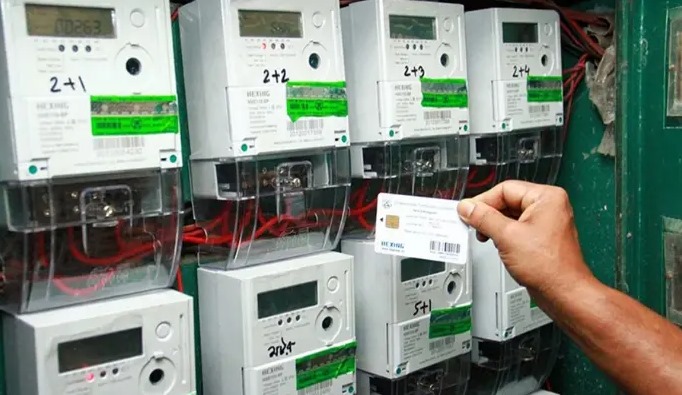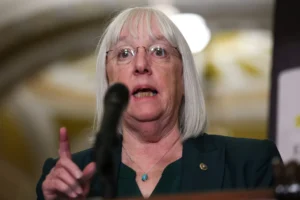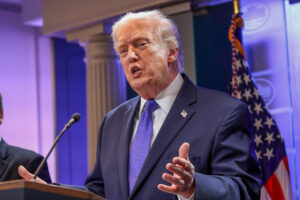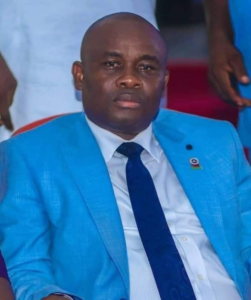The Federal Government has announced plans to begin subsidizing electricity costs for universities and health institutions connected to Band A feeders.
This development was disclosed by the Minister of Power, Adebayo Adelabu, during a radio program broadcasted on multiple stations in Ibadan, Oyo State, on Saturday.
Adelabu clarified that while the government will provide subsidies for these educational and health institutions, it will not extend the same benefit to private businesses operating within them. The decision follows concerns raised by universities and public hospitals after the removal of electricity subsidies for Band A customers, which was accompanied by an upgrade to a minimum of 20 hours of daily electricity supply. These institutions reported a significant increase in their electricity bills, leading to financial strain.
Recently, the College of Medicine of the University of Lagos and the Lagos University Teaching Hospital expressed their distress over what they described as an exorbitant electricity bill from the Eko Electricity Distribution Company for the month of May. The institutions reported a combined bill of approximately N280 million, a stark increase from the less than N100 million they previously paid.
In a similar vein, the monthly electricity bill for UNILAG surged from N180 million to N300 million, while the Federal University of Technology, Akure, saw its bill triple from N20 million to N60 million, as charged by the Ibadan DisCo. The University of Benin also experienced a tariff hike, with their bill escalating from N80 million to N250 million. In July, Prof. Ademola Tayo, Vice-Chancellor of Babcock University, Ogun State, highlighted the financial burden posed by the increased electricity tariff. He revealed that the institution paid N300 million for electricity in May, describing the situation as a significant threat to the quality of education in Nigeria.
Addressing these concerns, Minister Adelabu acknowledged the challenges faced by universities and hospitals in meeting their electricity payment obligations. He emphasized that while these institutions are essential for development and social welfare, the government is mindful of private businesses operating within them. “We recognize that they are development and social institutions,” Adelabu stated. “However, within these health and educational facilities, there are private businesses that charge their customers commercial rates and expect to be subsidized simply because they are located on these premises.”
He continued, “We have made it clear that a thorough assessment must be conducted, and proper metering must be implemented. We are willing to subsidize electricity for those genuinely linked to health and education, even if they fall under Band A. We are currently compiling data to ensure accuracy. DisCos will collect a portion of the payment, and the government will cover the remainder. However, we must ensure that we do not inadvertently subsidize private businesses making commercial profits within these institutions. That would be unfair and lead to abnormal profits.”



























